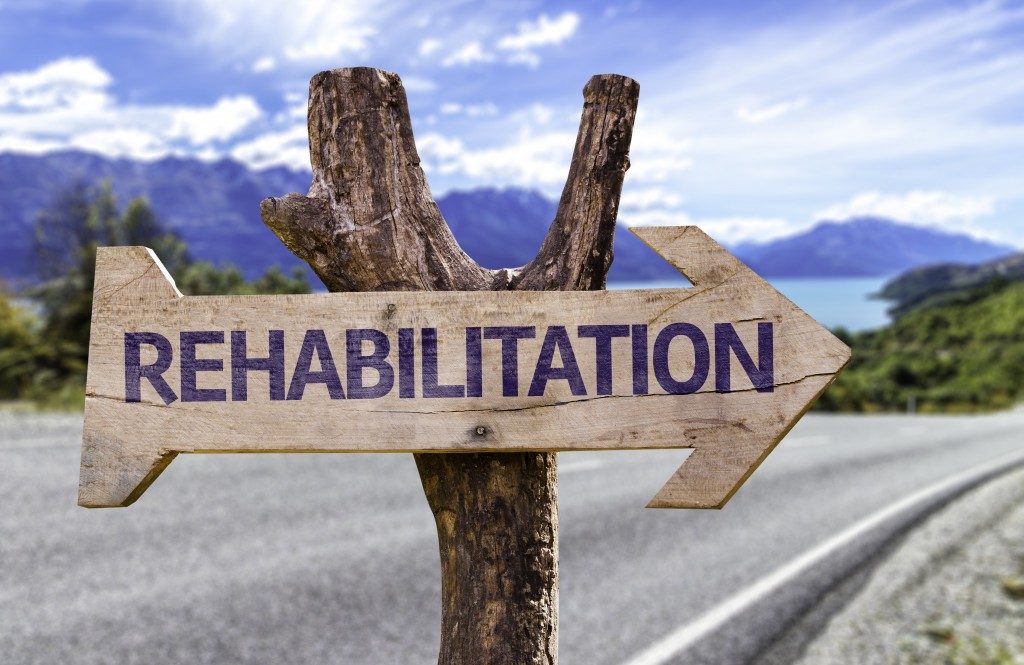In Utah and other areas, parents, whose troubled children are in youth inpatient rehab centers, often ask themselves, “What have we done wrong?” They usually ask this out of despair, confusion, or anger, but most often, the core feeling is shame. Other people are quick to judge the parents and families of children who are addicted to illegal substances. They find faults in the upbringing and the parents’ pasts.
While both can be contributing factors to any form of addiction, this approach to the situation is counter-productive. It is the feeling of shame that might have led the child to such a vice. And while it cannot be entirely removed, one can learn how to cope with it healthily to heal, grow, and thrive.
Here are some things to consider when dealing with families of troubled teens.
Listen.

This situation is real life, and real people are involved. They have feelings, thoughts, and aspirations. You do not want to add to any pain the situation has brought to the family, and you do not want to pry too closely. Remember, this is no spectacle or television drama to enjoy. These are people whom you need to listen to and whose privacy you must respect.
When teenagers are confined in rehab centers, visit them as often as they would like to. Before doing so, ask if you can do this to ensure that they’re okay with it. Some prefer the privacy and anonymity brought about by such institutions. Others want a break in the routine, a sense of familiarity. Either way, make sure to bring appropriate gifts, like books, diaries, sports supplies, or arts and crafts. These will help them to express themselves and find a better alternative to illegal substances. Be attentive and understanding when they talk to you. Consider their families and know that they have to heal together at their own pace.
Listen again.

Do not judge or assume anything about the patient. There are reasons why they fell into such a vice. Some might be too painful for them to reveal right away, and you must respect that. Others have turned to substance use due to loneliness, poor self-esteem, or peer pressure. Some young women even get addicted to them because they use it as a way to lose weight.
Be present and reassuring when you’re with these teens. Let them know, through your words and actions, that they are worthy of respect and that they have a chance to make it in life. Cooperate with their parents and doctors, while respecting privacy and boundaries. Remember, it takes a village to raise a child. Let the children know that their lives aren’t over, then let them surprise you.
Drug addicts aren’t criminals. Despite doing something illegal, their actions don’t make them bad people. Substance addiction is a mental health issue, not just a criminal matter. Those who are addicted are mentally ill people, first and foremost, patients who deserve dignity, respect, and understanding. We should treat them the way we treat patients of other illnesses — with sympathy and empathy. These youths have their whole lives ahead of them. We should realize that and let them have the chance.



